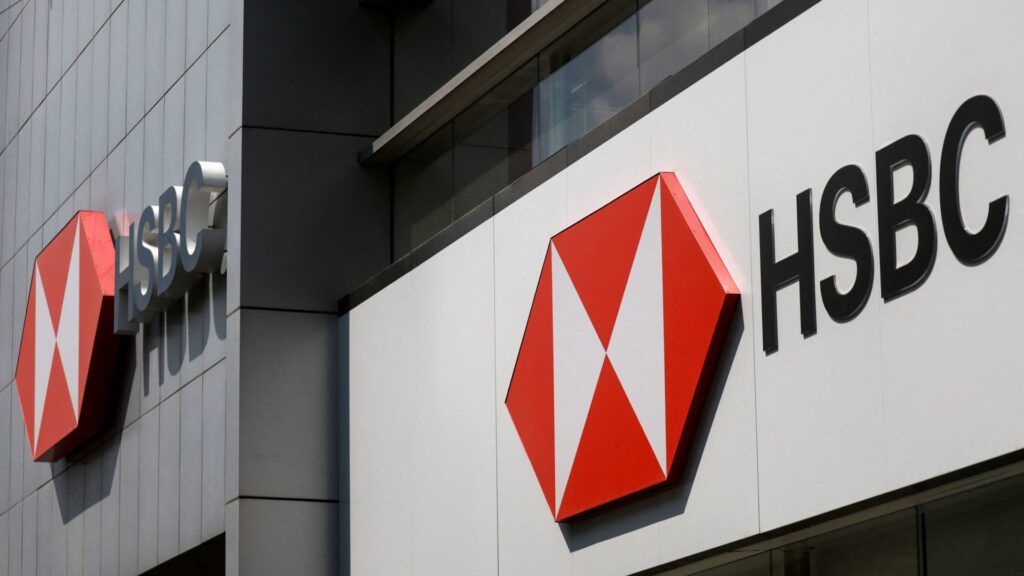Two HSBC bank logos on an office building in Mexico City, Mexico, July 25, 2025.
Henry Romero | Reuters
HSBC, Europe’s largest financial institution, on Tuesday beat third-quarter profit estimates as the bank’s net interest income rose while its wealth division also performed well.
The bank’s pre-tax profit for the three months to September was $7.3 billion, down nearly 14% from a year earlier due to higher operating expenses, including high-profile costs, including $1.4 billion in statutory provisions.
Below is a comparison of HSBC’s Q2 2025 results with the bank’s consensus forecasts.
Pre-tax profit: $7.3 billion vs. $5.98 billion Revenue: $17.8 billion vs. $17.05 billion
The lender expects bank NII to be more than $43 billion in 2025, citing growing confidence in the short-term trajectory of policy rates in key markets such as the UK and Hong Kong. Over the medium term, we expect fees and other income from our wealth division to grow at an average double-digit annual rate.
HSBC’s net interest income in the third quarter rose 15% year over year to $8.8 billion, and income from its wealth division rose 30% year over year to $2.68 billion in the reported quarter.
HSBC Group CEO Georges Erkederi said: “Despite the legal provisions related to historical matters, our intention to implement our strategy is reflected in our results this quarter.”
The bank’s operating expenses rose 24% as it set aside provisions, including $1.1 billion, for potential payments on claims related to the Bernard Madoff investment fraud scandal.
The Madoff case stems from a 2009 lawsuit filed by Herald Funds SPC against HSBC’s Luxembourg branch seeking the return of securities and cash allegedly lost in the fraud.
The court dismissed the HSBC unit’s appeal regarding the securities return request, but accepted the challenge regarding the cash component. HSBC said it plans to appeal further to the Luxembourg Court of Appeal and, if that fails, the final amount will be contested in later proceedings.
The bank announced on Monday that the $1.1 billion provision will reduce its Common Equity Tier 1 (CET1) capital ratio by approximately 15 basis points. The CET1 ratio is an important indicator of a bank’s financial strength.
Earlier this month, HSBC announced plans to take its subsidiary Hang Seng Bank private, valuing it at more than HK$290 billion ($37 billion).
Mr Elhederi said the agreement underpins HSBC’s confidence in Hong Kong’s role as a “major global financial centre”. Amid continued stress in the real estate sector, Hang Seng’s non-performing loan ratio rose to 6.69% in the first half of 2025.
HSBC shares in Hong Kong were last up 1.3%.
—CNBC’s Lim Hui Jie contributed to this report.

